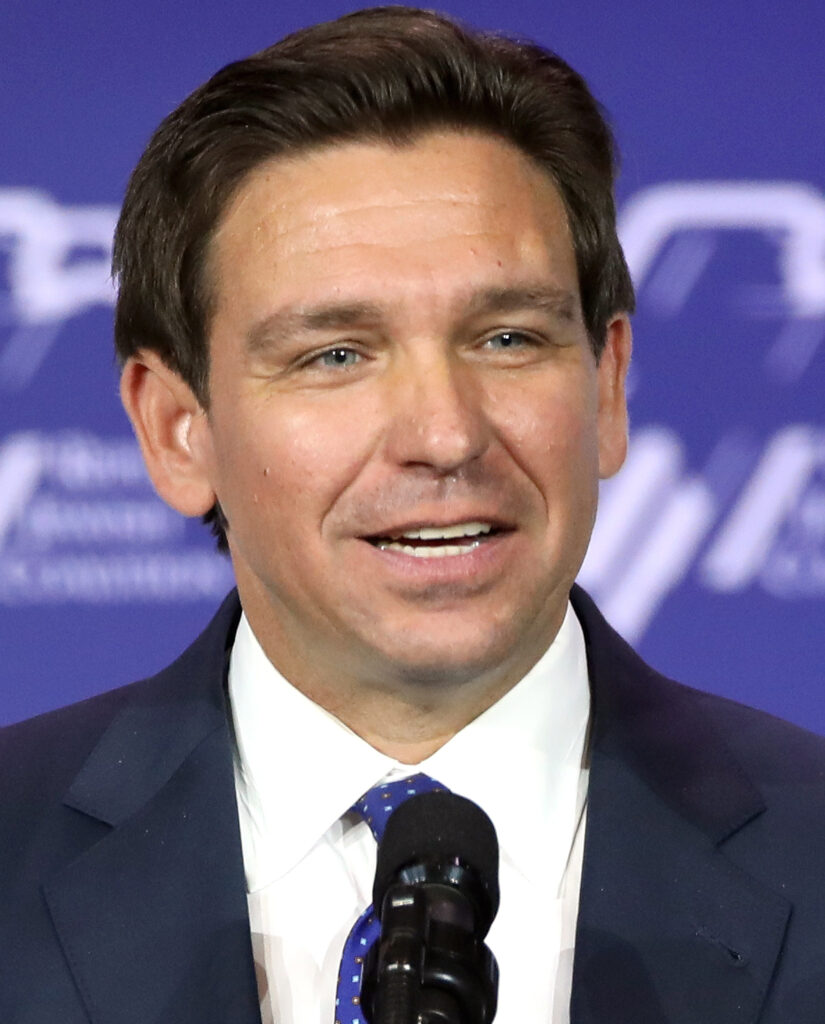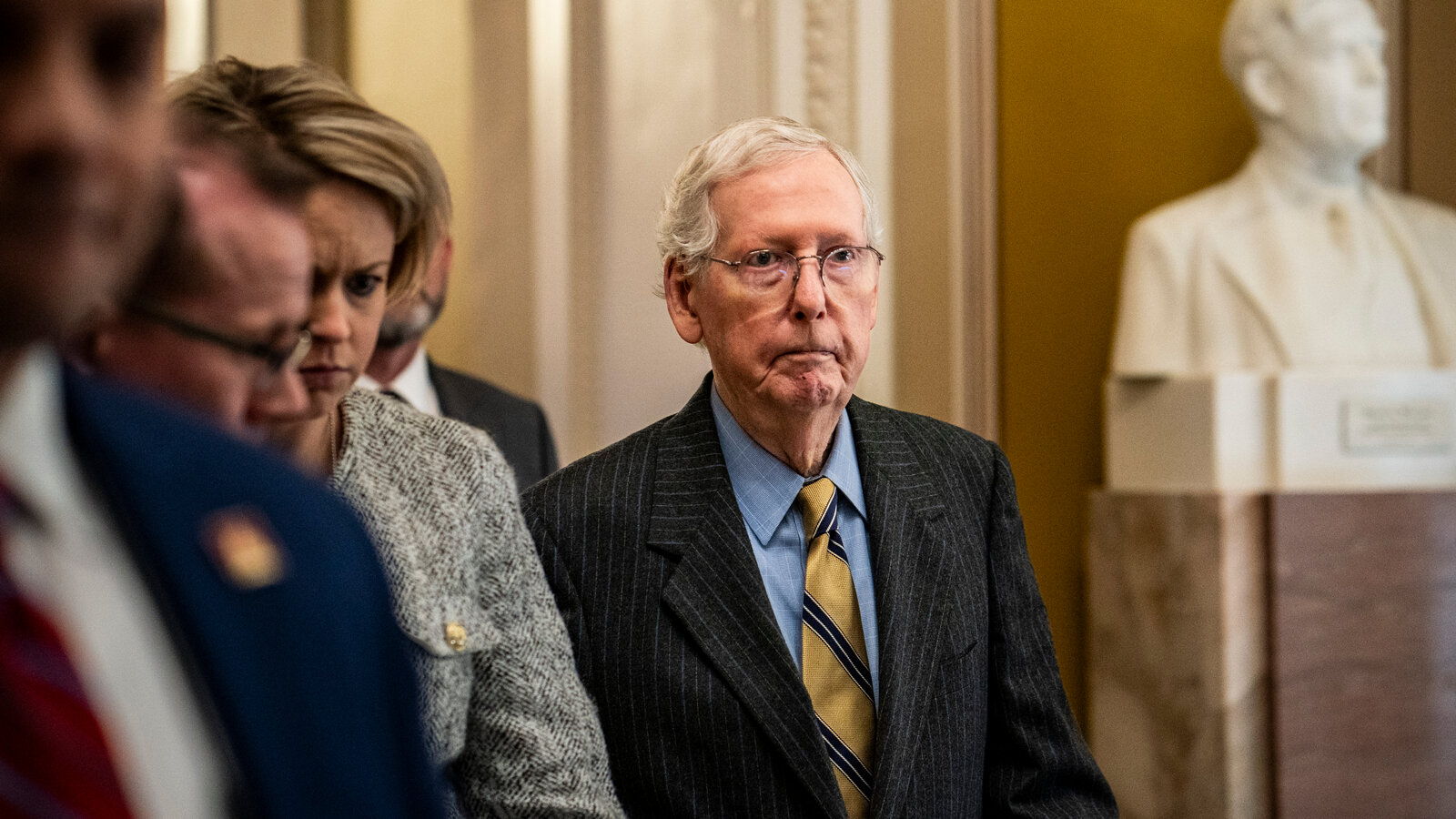In a move that has sparked both applause and controversy, Florida Governor Ron DeSantis has signed into law one of the nation’s most stringent social media restrictions for minors. The bill, which takes effect on January 1, 2025, will prohibit children under the age of 14 from creating social media accounts and require parental consent for those aged 14 and 15. This groundbreaking legislation, House Bill 3, has been a top priority for Republican Speaker Paul Renner and is seen as a significant step in protecting the mental health and safety of Florida’s youth.

The journey to this moment has been marked by negotiation and compromise. An earlier version of the bill, which would have banned minors under 16 from social media platforms, was vetoed by DeSantis due to concerns over constitutional issues and parental rights. However, after working closely with Renner, a revised bill was crafted, allowing for parental consent for 14- and 15-year-olds, which ultimately gained the governor’s approval.
The new law targets social media platforms based on their addictive features, such as infinite scrolling and push notifications, rather than on content. This approach is designed to withstand First Amendment challenges, as it does not regulate speech but rather the mechanisms that contribute to prolonged and potentially harmful use by children. Renner has expressed confidence in the bill’s ability to survive legal scrutiny, stating, “We’re going to beat them and we’re never, ever going to stop.”
The legislation also includes provisions for age verification and allows for substantial fines if social media companies fail to comply. Platforms could face damages of $10,000 per violation for not deleting accounts at the request of a parent or guardian, and the Florida Department of Legal Affairs could impose civil penalties of up to $50,000 per violation.
Despite the support the bill has garnered, it has not been without its critics. Some argue that it infringes on the First Amendment rights of younger users and oversteps the role of government in parenting decisions. Democratic Rep. Anna Eskamani has voiced concerns, suggesting that instead of an outright ban, efforts should focus on improved parental oversight tools and investments in mental health systems and programs.
The tech industry has also pushed back against the bill, with groups like Net Choice labeling it “unconstitutional” and predicting that it will lead to an “I.D. for the Internet” for Floridians. The industry is bracing for a legal battle, similar to the one in Arkansas where a federal judge blocked a law requiring parental consent for minors to create new social media accounts.
Florida prepares for anticipated legal challenges, as the bill’s supporters remain firm in their belief that it will offer crucial protection for children from social media risks. With the law set to come into effect in a few years, the nation will closely observe the results of this daring legislative experiment in Florida.





